To keep one step ahead of the competition, ethical hackers must be agile and adept at learning new programming languages. However, what exactly are the best languages for ethical hacking? We’ll examine the three languages that make up the bulk of the language repertoires of ethical hackers in this article.
Why do hackers need to learn how to code?
Being able to automate processes, build one’s tools to test systems for vulnerabilities, and understand how systems function are all possible thanks to programming knowledge, making it a vital talent for ethical hackers. Hackers could not go beyond the capabilities of the tools at their disposal without these skills.
In addition, programming languages facilitate communication between legitimate hackers by providing a shared lingua franca. Ethical hackers can remain ahead of the curve by learning a few common languages and using them to communicate with one another.
C and C++
Two of the most common programming languages white hat hackers use are C and C++. They are both robust languages with the potential to be utilized in developing numerous malicious programs.
According to the ISO standard, C is a low-level language far more similar to machine code than high-level languages like Python. C is often used to create robust software for a computer or network, such as the operating system and associated drivers. To top it all off, learning Python should be very easy if you already know how to use another programming language.
The C++ programming language is an enhancement of the C language. It was created to support object-oriented programming concepts like classes and inheritance. C++ is difficult to learn, yet it may be used to create very effective programs.
Therefore, C and C++ are must-know languages for any ethical hacker. They will teach you the ins and outs of computer systems and offer you the groundwork for developing more sophisticated hacking techniques.
Assembly
Assembler programming is used to create programs that run exclusively on a single type of computer processor. The code can be compiled down to machine code, which can then be executed on any computer with an x86-compatible processor.
Building code that can operate on several processors is challenging since each has its unique assembly language. While it may be challenging, Assembly is a very effective programming language. Low-level system software, reverse engineering tools, etc., are common uses.
Python
It’s common knowledge that hackers favour the high-level programming language Python. It’s not hard to pick up, and it comes with many useful libraries you can leverage for things like network research, web scraping, and database manipulation.
To automate tool development, Python is also an excellent alternative. One can create a script to fill up online forms with pre-populated data.
Python’s portability makes it possible to write code in one environment and run it in another without resorting to recompilation, unlike C or Assembly. Because of this, Python is a popular language for developing portable applications.
Conclusion
If you are new to ethical hacking, Python is the language that you should get familiar with first. It is the language used most frequently by ethical hackers, and learning it will provide you with a solid basis for improving your abilities.
Later on, as you improve your hacking skills, you will most likely learn C and C++ to get closer to the system’s underlying components and better understand how they operate. To better understand what’s happening at the most fundamental level, you might even try learning Assembly language.



